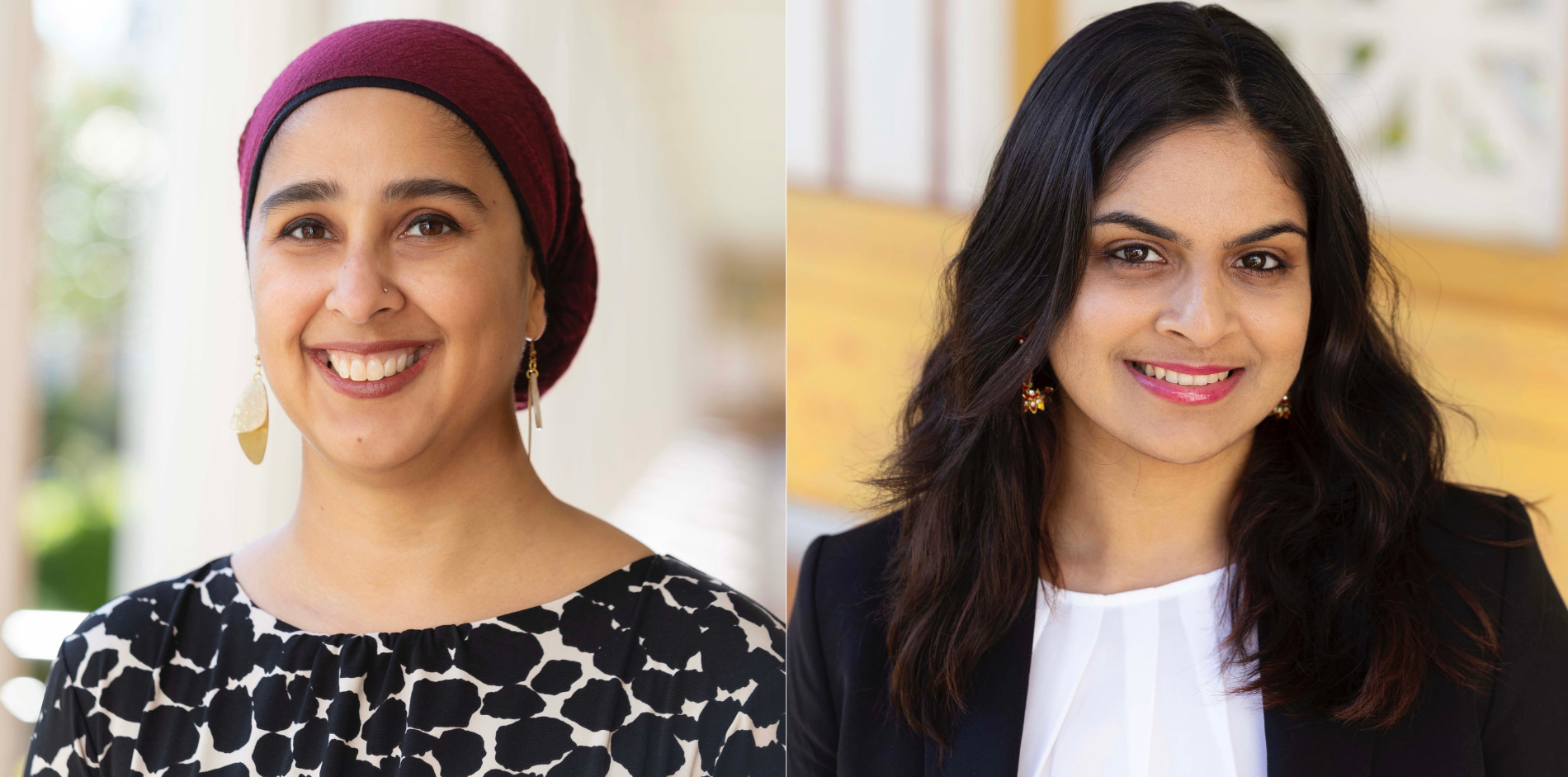Muslim-led Reproductive Justice Nonprofit Makes Sense of the US Abortion Debate
HEART CoEDs explain how the abortion debate relates to Islam and the need for Muslim women’s voices to be heard.

As we stand on the verge of Roe v Wade being overturned, many in our communities are feeling pressure to choose a side. Understandably, people have questions. Under what circumstances does Islam permit abortion? Who is impacted by abortion? Why does it matter to me? What are the implications of abortion being restricted at the state and federal levels? How should I vote in upcoming elections?
It’s important to note that there are two issues here being conflated. The first question is whether or not abortion is aligned with our personal, religious, and moral beliefs. The second question is whether or not the state should regulate this issue. As you navigate these community conversations, it may be difficult to discern what is a stereotype and what is a fact. Here are some common misconceptions that come up when talking about Muslims, abortion, and reproductive justice.
#1. Muslims are not a monolith. As the most diverse religious minority in North America, Muslims are racially, ethnically, socioeconomically, spiritually, and geographically diverse; they are also diverse with respect to gender identity, sexual orientation, and religious practice. There is not one single action, with the exception of shirk (associating God with another), that determines whether one is Muslim or not; that is something known only to God.

#2. Islamic law has never been static. It has evolved over time and responded to current cultural, social, and political contexts as a way to stay relevant to Muslims. Advancements in reproductive fertility technology, for example, have necessitated new doctrinal rules to be dynamic and responsive to Muslims.
#3. For any one issue, there is a range of opinions and interpretations. As such, according to orthodox Islamic scholarship, there is no absolute ban on abortion just as there is no absolute permissibility for it. In short, it’s complicated. With at least four Sunni and three Shia schools of thought, there has always been a difference of opinion on most issues, including and especially abortion. The respective rulings on this draw from Quranic verses and Prophetic statements about the stages of creation for a fetus and the sanctity of life. There are rulings that are more restrictive, others that are more permissive, and everything in between.
#4. The state regulating abortion is not a part of Islamic history in pre-modern times. Historically, in pre-colonialism Islamic societies, abortion has always been a matter between the pregnant person and their provider, it was not a matter that state or religious authority interfered with. Most abortions occurred at home and as Dr. Bowen explains, the “knowledge of these medicines and procedures gave women the power to determine their fertility to some extent.”

#5. The overturning of Roe can potentially criminalize *anyone* who can get pregnant, especially people of color. Such restrictions are exacerbating the disproportionate health risks that Black, Indigenous, and other people of color around the country already face. Further, sometimes doctors use the same procedure (known as a D&C) for an abortion during miscarriages or ectopic pregnancies. For this reason, the legal definition of abortion in some states can result in unfairly criminalizing women.
Regardless of where you fall on the spectrum of this issue, access to abortion is not black and white for most Muslims. According to the Institute for Policy and Understanding, just over half of American Muslims believe that abortion should be legal in all or most cases. The topic of abortion is not only highly politicized but also influenced by evangelical Christian thought and Christian hegemony in the United States.
#6 The impact of colonization and Christianity has also contributed to the ways in which Muslim communities discuss sex, sexuality, and reproductive rights in the United States. They have perpetuated attitudes of shame and stigma, puritanical notions of virginity and sexual purity, and gender stereotypes of sexually aggressive men and submissive women. Additionally, much of the public discourse in Muslim communities are dominated by male scholars and ill-informed leaders, which can further perpetuate misinformation.
 It also lacks a trauma-informed approach, erasing the lived realities of many Muslim women. No wonder so many who have had abortions suffer in silence, fearing being labeled, shamed, or their stories being ignored. Our reproductive health experiences are virtually invisible.
It also lacks a trauma-informed approach, erasing the lived realities of many Muslim women. No wonder so many who have had abortions suffer in silence, fearing being labeled, shamed, or their stories being ignored. Our reproductive health experiences are virtually invisible.
As a consequence, pregnant people remain dependent on men and those without uteruses, reinforcing the vulnerabilities of unequal power dynamics. Ultimately replacing choice with stigma, community pressure, and misinformed decision-making.
It’s essential to challenge the way faith - especially Islam - has historically been talked about in the United States with respect to reproductive rights. The dominant narrative is that faith is a tool of oppression. While faith has been used to control bodies and sexuality, we also have to recognize that faith can also be a tool of empowerment.
 Nadiah Mohajir, left. Aliza Kazmi, right.
Nadiah Mohajir, left. Aliza Kazmi, right. We believe Muslims can and do take care of their health and make informed choices every day. In continuing to serve their needs, we must work collectively to address the impacts of restrictive laws and misinformation about Muslim communities. To increase their access to resources, power, and choice they need self-determination and autonomy over their bodies which are granted to them by God.
To be clear, not only is the fight for reproductive justice aligned with our faith values; it is inherently Islamic.
Nadiah Mohajir and Aliza Kazmi are the Co-Executive Directors at HEART, a national nonprofit working to promote sexual health, uproot gendered violence, and advance reproductive justice in Muslim communities.
